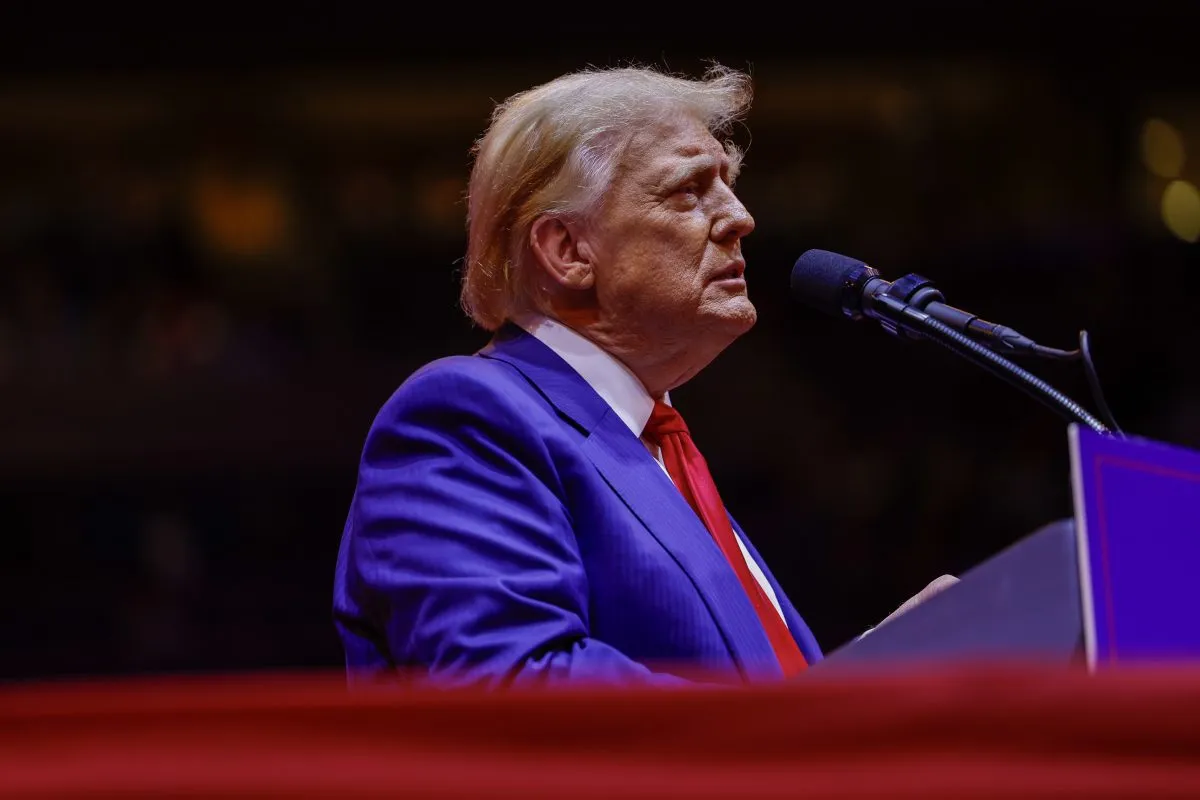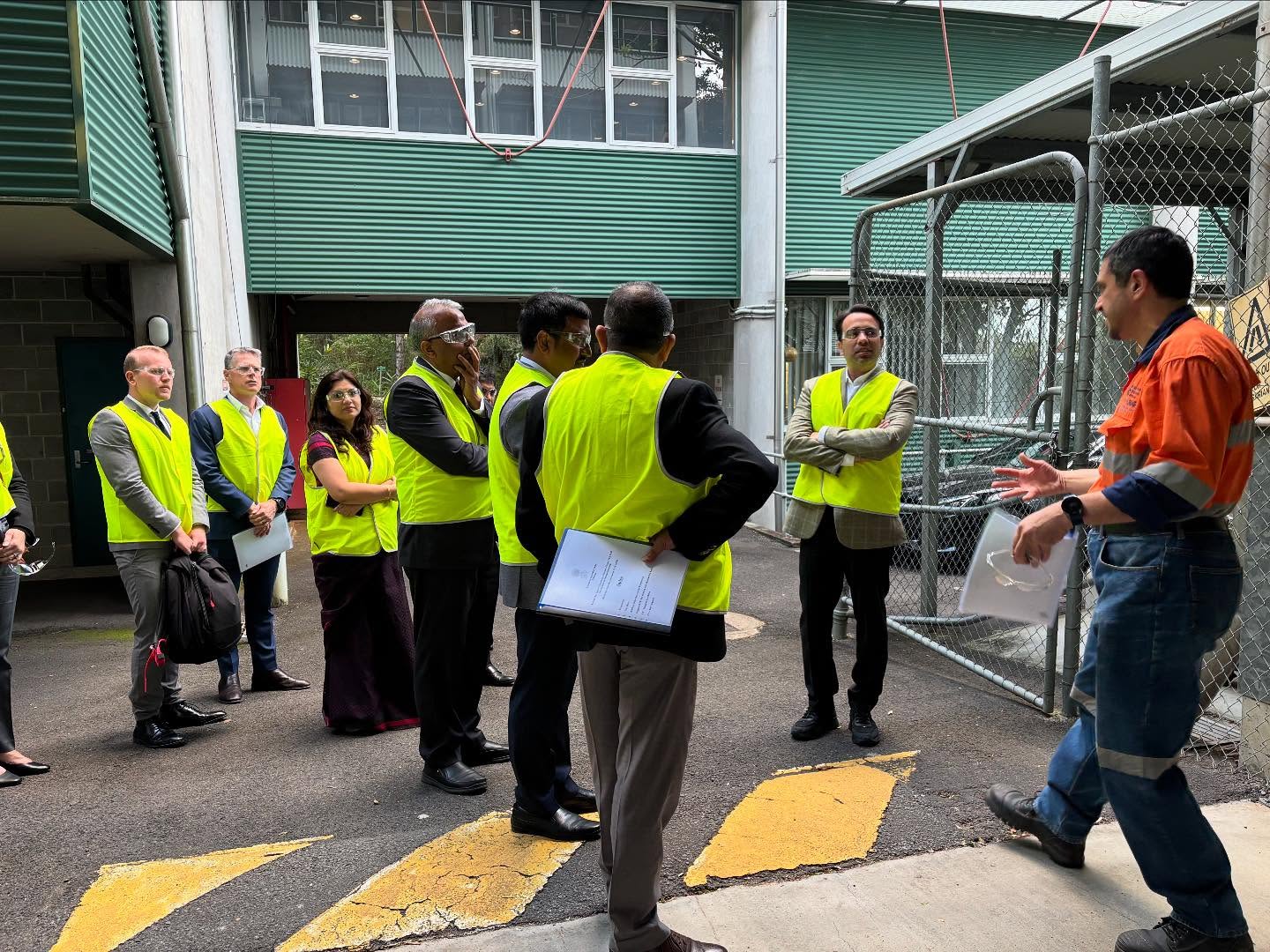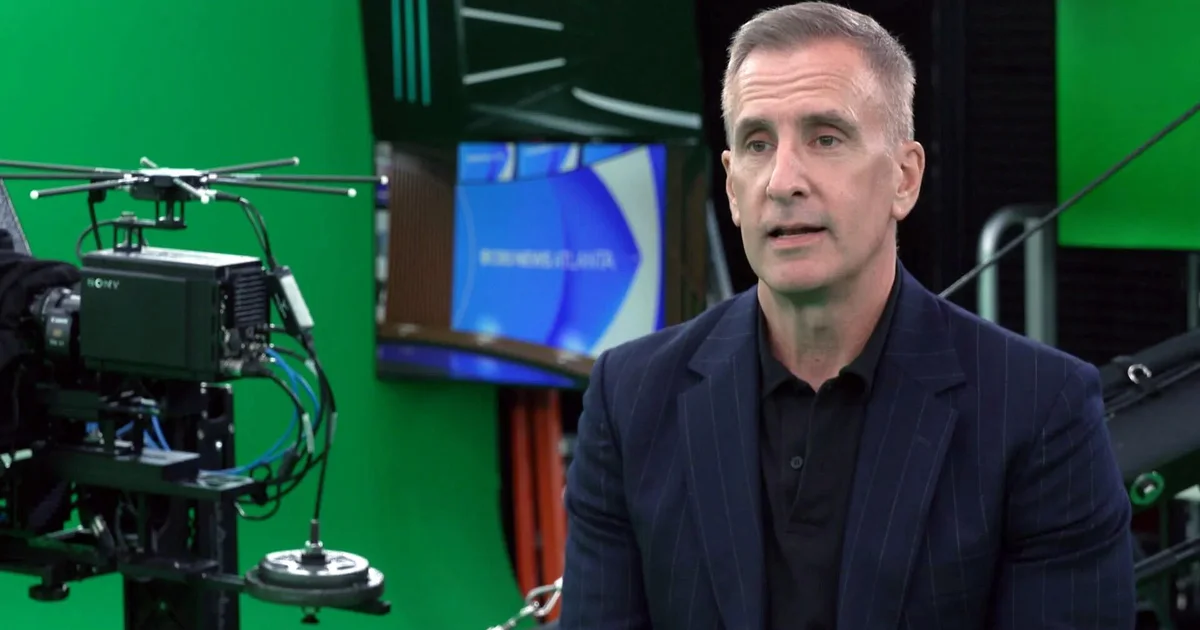By Saskia Koopman
Copyright cityam

US president Donald Trump will arrive in the UK on Tuesday evening for a state visit, bringing with him a wave of attention on transatlantic tech investment.
The two-day trip, marked by royal pageantry at Windsor Castle and private talks at Chequers with Prime Minister Keir Starmer, coincides with announcements already made of nearly $10bn in US technology investments in the UK, including £5bn from Google aimed at AI infrastructure and research.
For the British government, the visit is an opportunity to showcase the UK as an attractive hub for innovation, despite global competition from the US and China.
“Given 2025 has been dominated by tech giants trumpeting their investment in the US, it is pleasing to see the UK remains a natural home for diversifying investments”, said Ben Barringer, global head of technology research at Quilter Cheviot.
Trump’s delegation also includes key figures in AI, notably Nvidia chief executive Jensen Huang and OpenAI’s Sam Altman.
Both are expected to announce multibillion-dollar commitments supporting AI infrastructure and R&D in the UK, reinforcing the message that Britain is open for tech business.
Yet the initial market response has been muted. Despite high-profile deals, the FTSE 100 fell 0.2 per cent to 9,258 during the announcements.
Analysts point out that most of the index’s earnings come from overseas, meaning domestic-focused tech investments, however headline-grabbing, may not significantly shift investor sentiment in the short term.
Nvidia, for example, saw pre-market losses after its RTX6000D chip targeting the Chinese market attracted limited interest.
Rising regulatory and investment pressure
The Trump visit also highlights broader pressures on the UK’s tech and investment landscape.
AI and digital infrastructure are increasingly geopolitical priorities, and US investors are scrutinizing where their capital can generate both strategic and financial returns.
Kenneth Lamont, principal at Morningstar, warned that “UK-listed firms have largely missed out on the AI party”, with most exposure coming from AI applicators like AstraZeneca or RELX rather than core AI providers.
The British government faces a dual challenge of attracting headline-grabbing investment while ensuring domestic firms benefit and remain competitive in the global AI race.
While these investments signal confidence in the UK, they are small relative to the scale of global AI spend, and the long-term impact depends on execution and policy frameworks.
For investors, the Trump visit coincides with guidance to consider next-generation themes through managed investment vehicles.
Kate Marshall at Hargreaves Lansdown notes that investment trusts such as Polar Capital Technology Trust, Scottish Mortgage Investment Trust, and Greencoat UK Wind could offer exposure to emerging tech trends, clean energy, and disruptive global companies, providing a structured way to access growth areas highlighted by the U.S. delegations.
“For investors looking to tap into the potential of tomorrow’s world, identifying the winners early is key. But backing innovative, disruptive companies isn’t always straightforward. That’s where investment trusts can come into their own”, she said.
While Trump’s state visit blends spectacle with diplomacy, the broader takeaway for the UK tech sector is less about gold-plated receptions and more about ensuring the country can turn high-profile deals into tangible, sustainable advantage.
“London remains part of the European tech hub”, Barringer added, “but it cannot rest on its laurels. More tech investment like this should be lauded, but the U.K. still needs to leverage its expertise to gain a meaningful foothold against larger global players”.



